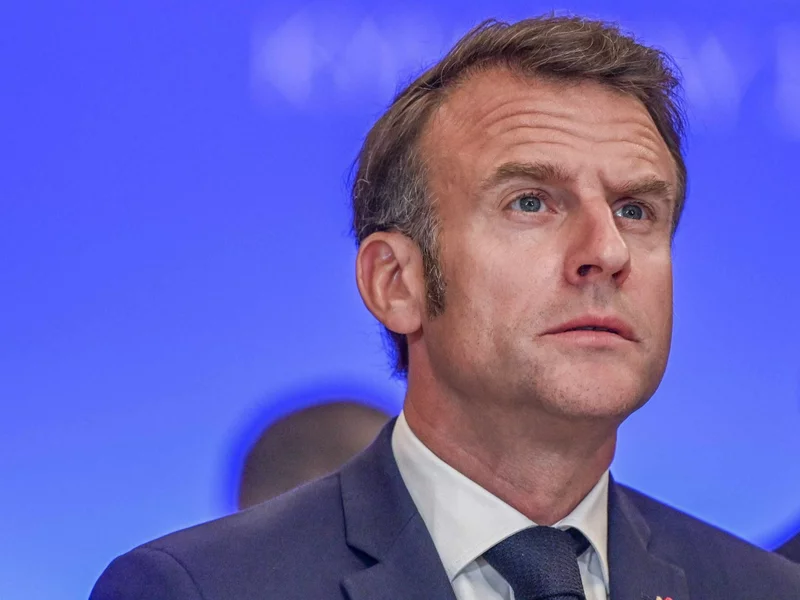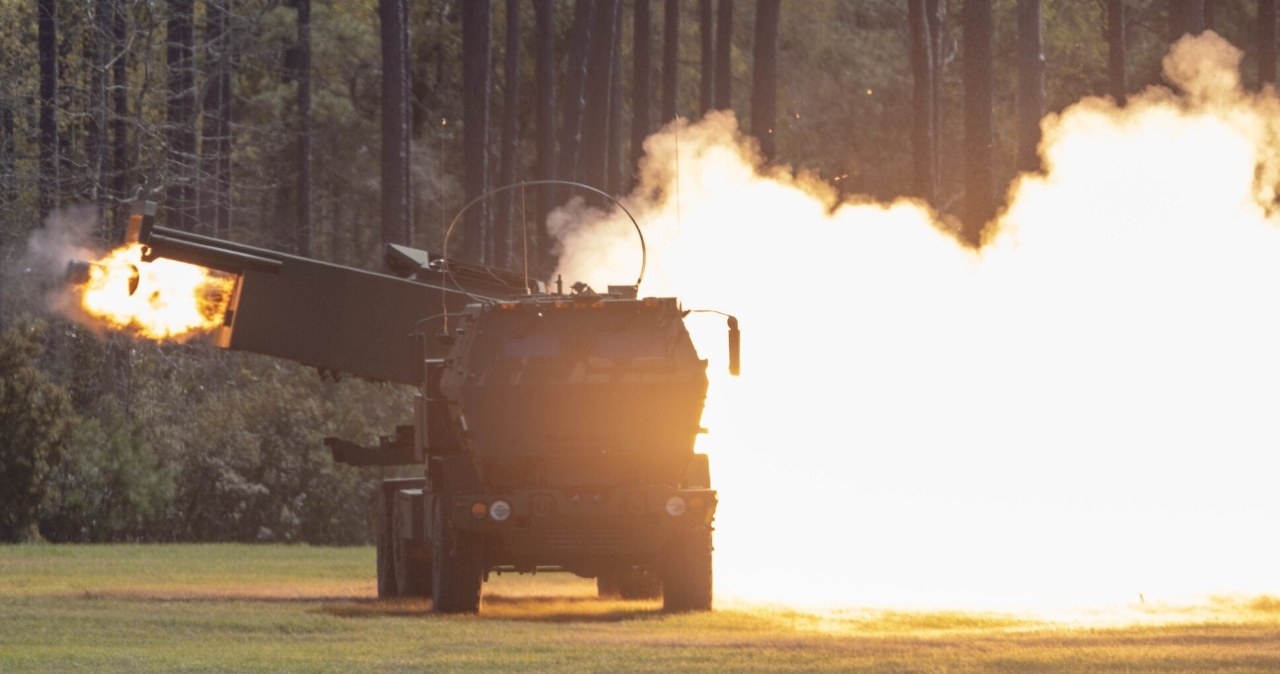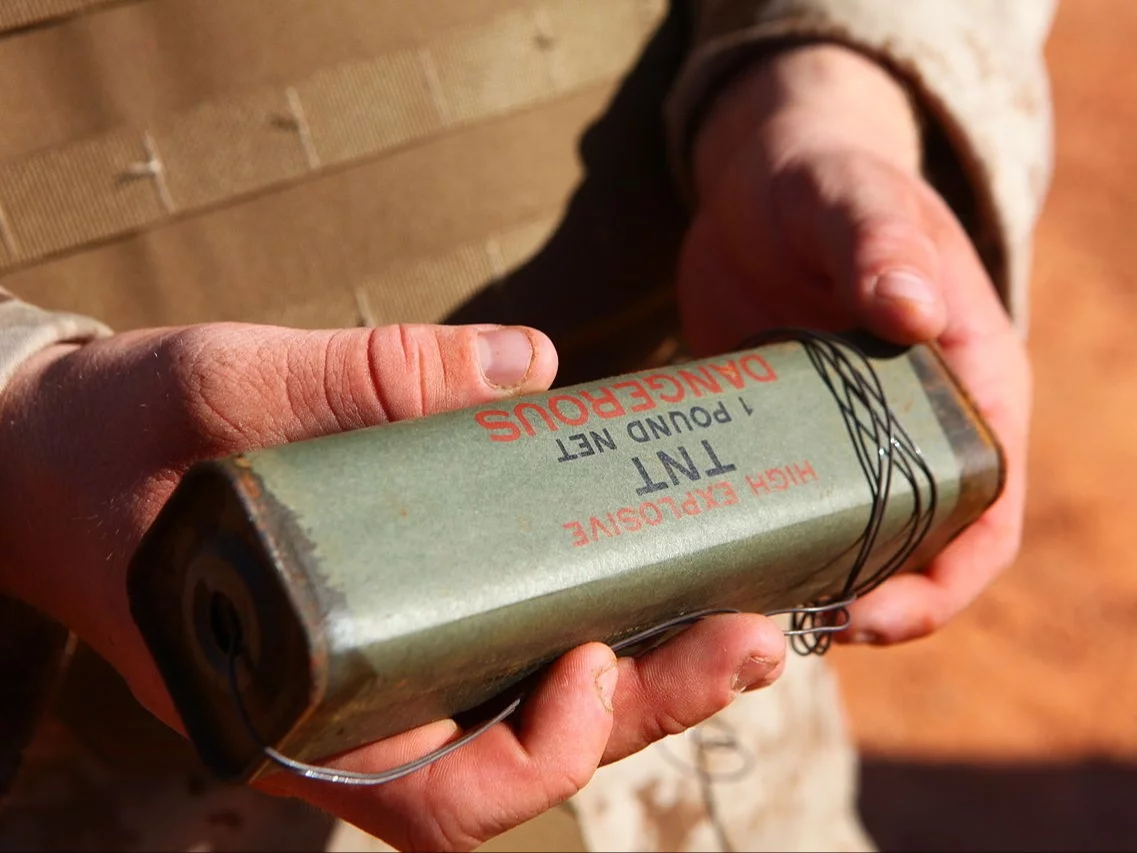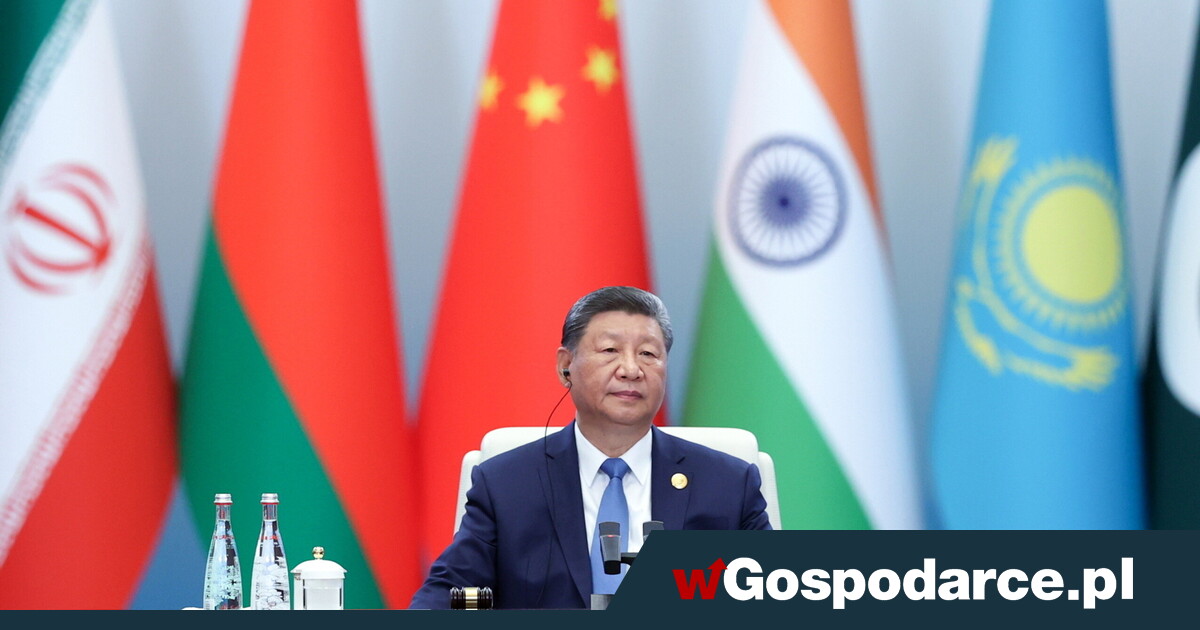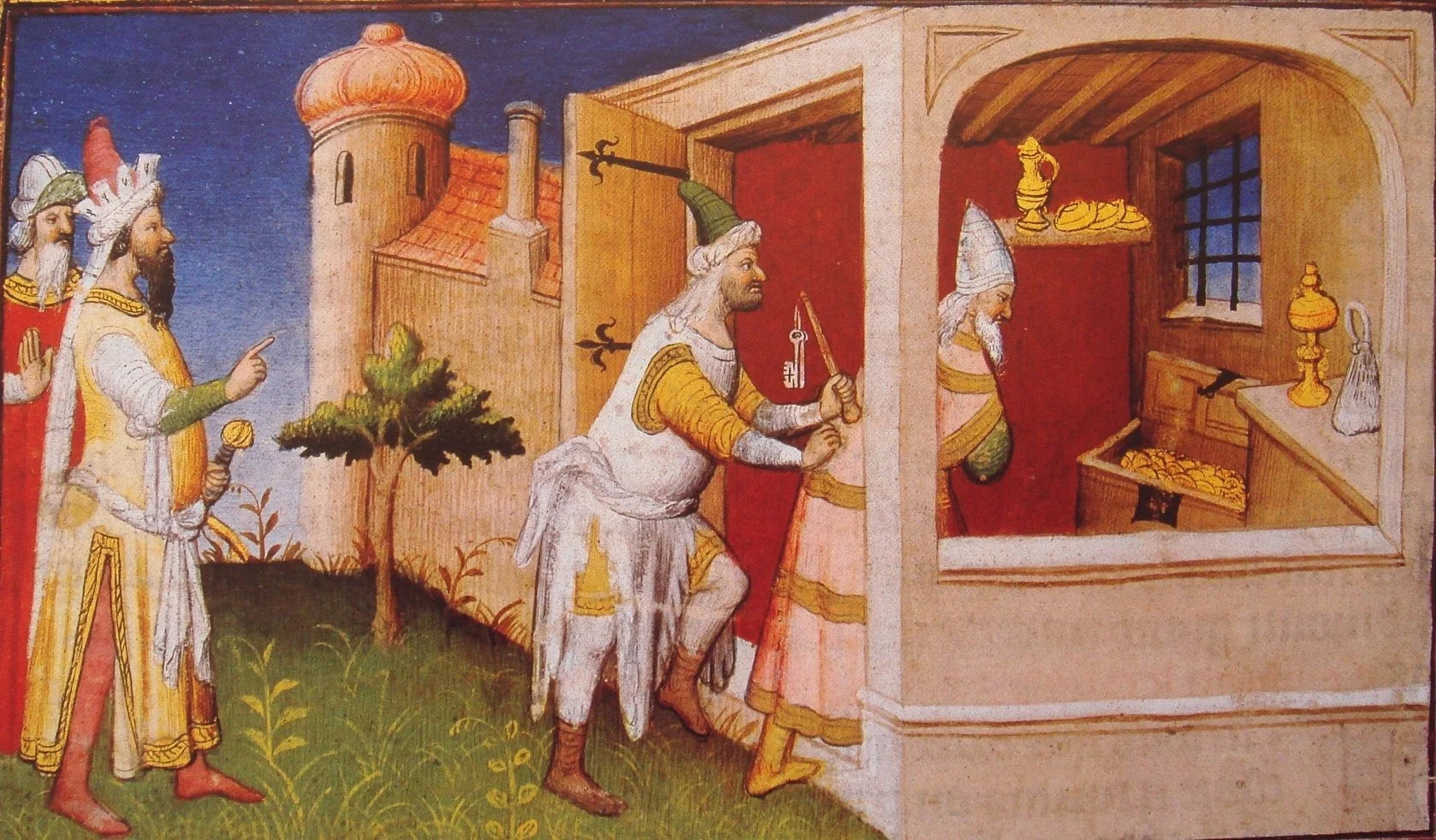Trump effect. Increased anti-American sentiments in Ukraine
Donald Trump's policy towards Ukraine greatly worsened the US's perception of Ukrainian society. Washington's conclusion of Moscow's isolation, Kiev's accusation of starting a war, and president Volodymyr Zelenski's for being a "dictator without elections", as well as the force to sign an unfavourable natural material agreement within a fewer weeks have undermined Ukrainians' assurance in the United States and provoked widespread disappointment and even anti-American sentiments.
Losing support in a key partner made Kiev gotta adapt to the fresh situation. This results in increased cooperation with European countries, primarily France and the UK, as leaders of the “coalition of willing” to safe the truce in the event of specified a conclusion by the fighting parties. At the same time, the tough attitude in consequence to the pressures and hostile actions of the Trump administration strengthens public support for Zelenski, who has again become the leader of presidential polls.
Crisis of bilateral relations
The strategy of the administration of Joe Biden, consisting in supporting Ukraine sufficiently to let it to defend itself comparatively stable, but not leading to Russia's defeat in the battlefield, was frustrating in Kiev. Trump repeatedly announced a fast end to the war during the election campaign, giving hope for a change in American politics by expanding force on Moscow. In a survey by the Kiev global Institute of Sociology (KIIS) of December 2024, 45% of respondents indicated that its choice would approximate the end of the conflict, while only 14% of respondents were opposed (see Figure 1).
Hopes for Trump failed, and his and Vice president J.D. Vance's attacks on Zelenski during an interview at the Oval Office (autho.Trump–Zelenski: rhetorical escalation) against the background of thawing on the Washington–Moscow line and negotiations with the Kremlin without the participation of Kiev led to major changes in the perception of the US in Ukraine. In the study Gradus investigation on 1 March 70% of respondents stated that their attitude towards the United States had deteriorated, and more respondents considered them a hostile/unfriendly country (29%) than a friendly country (13%); see Figure 2). According to the March KIIS poll, the percent of non-believers in achieving a fair peace for Trump's presidency increased to 55% compared to 31% in December 2024. The overall attitude towards the American leader has besides deteriorated, and a group of people who believe that his re-occupation is simply a negative step has grown almost fourfold (see Figure 3).
After 3 months of his current term, Trump profoundly disappointed the Ukrainians, who criticize him for being naive and assigning him the implementation of Russian interests. The U.S.-declared function of intermediary is perceived as de facto favoring the Kremlin. There is simply a common opinion in Kiev, that the United States can sacrifice Ukraine's interests if this helps them accomplish wider global goals, including Moscow's "turn away" from Beijing.
A pragmatic strategy
In line with Trump's announcement of a fast end to the war, the Ukrainian authorities sought an agreement and negotiated credible safety guarantees. To this end, they signalled their willingness to make concessions, while at the same time setting their ‘red lines’, which did not, however, affect Washington's favour. After halting military aid as a consequence of a terrible gathering in the White home of Kiev, he had to enter into talks about a truce in Jeddah (11 March) without a safety warrant and accept the American proposal for a full ceasefire. This temporarily improved relations with the US and allowed military support to resume. Tactical success of Kiev. U.S.-Ukrainian ceasefire proposal), and in the face of Russia's continued armed action gave the Ukrainians the basis to undermine Vladimir Putin's credibility and his will for peace in the eyes of United States.
Faced with problems in relations with Washington Kiev, he is trying to mobilise Europe to take bold action for his own safety. This was noted on 15 February at a safety conference in Munich, where Zelenski called for the creation of a European army with Ukraine as an alternate to a possible regulation of US support for the safety of the Old Continent. Cooperation with France and Britain plays the most crucial function for the authorities, including good individual relations between the president and Emmanuel Macron and Keir Starmer. The key nonsubjective is constructionunder the leadership of Paris and London, “a coalition of willing”, which – in Kiev's perception – is to guarantee Ukraine's safety after the war, as well as to mediate relations with the US.
Ukrainians They search to affect as many European forces as possible, covering various components – land, sea and air. The mission of the ‘coalitions of willing’ stabilizing the situation after the ceasefire should be given a broad mandate allowing a decisive consequence to Russian provocations and its forces should be deployed in many regions of Ukraine, including the armed area. Kiev avoids the dichotomia of Europe or the US, stressing that the best results will be achieved by a European venture with active support from Washington (see IP/10/27). Location of European support forces in Ukraine: political or military instrument?).
Internal consolidation
Despite the negative effects on Ukraine on the global arena, Trump-Zelenski's dispute resulted in an increase in assurance of its citizens in the president – in the second half of March it amounted to 69%. This situation besides increased his chances of a second word – according to the Ipsos poll in the hypothetical presidential election Zelenski would most likely beat the possible counter-candidate of General Walerij Załużny (see Graph 4). On the 1 hand, increasing support for the leader would indicate the benefits of the elections. On the another hand, it weakens US (and Russian) calls for specified a solution to be implemented, as it would not bring about a change of power.
Ukrainians treat US force toForce agreement in negotiationswith Russia as an attack on its own sovereignty, and Zelenski's hard position as its defence. The support of the public for the president is due to his firm and effective attitude in the face of pressures to sign a natural material contract in a negative form for Kiev or to organise elections in conditions of armed action (most most likely the increase in assurance in Zelenski caused the Trump administration to no longer push this demand). Social approval for the leader will besides further strengthen Ukraine's position on the possible demands of the United States to change its "red lines" erstwhile negotiating a peace agreement, specified as designation of territorial concessions de jure, abandoning the course of integration with NATO without obtaining another credible safety guarantees or limiting the possible of the armed forces. Ukrainians besides preach readiness to fight without US support – according to the March KIIS survey, 82% of respondents are in favour of this.
Despite trying to conform to the policy of the fresh U.S. administration, Kiev did not gain its favor, resulting in a crucial deterioration of relations with Washington. These are not mistakes made by Ukrainians (undermining efforts United States to negociate peace, to talk without a translator during a gathering of presidents in the Oval Office) have a decisive impact on the inefficiency of convincing Trump's crew to their own imagination of ending the war. The Republican favored Putin from the beginning, and his administration, Although showing signs of impatience, he inactive hopes for negotiation success and agreement with Moscow.
Figure 1. Answers to the question: "What peace can Ukraine number on for Trump's presidency?"

Source:Kyiv global Institute of Sociology.
Figure 2. Countries friendly and hostile to Ukraine in Ukrainian perception

Source: Gradus Research.
Figure 3. Answers to the question: “Do you think it's good or bad for Ukraine that the president of the United States became Donald Trump?”

Source: Kyiv global Institute of Sociology.
Figure 4. Support for the most popular candidates in the hypothetical presidential election

Source: Ipsos.

